Covid-19 affected people all around the world in different ways. When it first hit, some families were cooped up in a small apartment with small children without a way to get outside and take some fresh air – while others who live off the beaten path were far enough away from “civilization” to not be too bothered by lockdown, measures taken by the government or even by the Coronavirus itself.
Yes, People who Live Off-Grid still Got Covid-19
That is not to say we weren’t affected at all; just like anyone else, if we were in the wrong place at the wrong time, we got sick all the same.
However, many off-grid people we spoke to throughout the Corona crisis were never tested, not even if they experienced symptoms or even got pretty sick.
In most cases, we’d rather try to “sick it out” at home than to go into town just to get tested… and risk infecting others.
Of course, this may have influenced statistics, mostly locally in sparsely populated areas that often report having (almost) no cases.
Covid Lockdown in Spain
Here in Spain, spring 2020 lockdown was pretty rigorous with “Guardia Civil” (national guard) checkpoints making sure you weren’t going out for anything but essentials. Stories circulated on social media about people getting fined heavily for just getting snacks at the store (not essential!), taking a not-so-straight route from home to work or even going to the dentist across the county border without the proper paperwork.
Schools, offices and non-essential shops were closed – so the people hit the hardest were people living in a village or town without a garden and forced to stay cooped up inside with the whole family 24/7. While trying to work, homeschool, and keeping everyone alive. Our hearts went out to them.
Meanwhile, Off the Grid…
While no one was allowed to leave their property, we had no problems going outside for a walk, playing with the dogs or chasing chickens regardless of curfew times. And while food was sometimes in short supply in the shops (meat and red wine were always the first to go over here!), we always had an abundance of eggs from the chickens, plenty of pantry jars and veggies we froze after harvesting to go through, and enough chores to keep us busy at all times.
(Full disclosure – it did help that we were expecting to open our guest accommodations for the season just a week or so after Covid lockdown started, and we already stocked up on essentials like toilet paper and flour!)
Technically, if we’d have been fine feeding our dogs eggs with kale and bread as well, we wouldn’t have had to go into town for a couple of months. The dogs were a good excuse to NOT have to change our diet too drastically though.
When talking to other off-gridders around the world (on the phone, on Zoom or on WhatsApp), the main issue we had in common was a sort of “survivor’s guilt”: several of us (mostly the women?) felt bad about living their regular lifestyle as if nothing has happened, while our friends in the cities were badly affected by the restrictions.
20 Months In: Where did our Social Life Go?
At the time of writing this, we’re 20 months in; after the first four months of ultra-strict lockdown, our area went into a mode of ultra-carefulness. No more Guardia Civil checkpoints, but everyone’s gotten so used to wearing a mask, disinfecting hands before entering a shop and getting a temperature or vaccine check at random places that it’s become part of life.
While we hear relatives and friends living a more traditional lifestyle went back to “new normal” with small dinner parties, big events, kids activities and more, social life here has dwindled to almost nothing. We’d sometimes meet someone for a coffee or a beer but there are no more nights at the bar watching football, impromptu barbecues on sunny days or neighbours just dropping by to say hi.
We’d love to hear how other off-gridders are experiencing life through the Covid-19 crisis and I fully intend on updating this article regularly. Tell us in the comments about your experience!

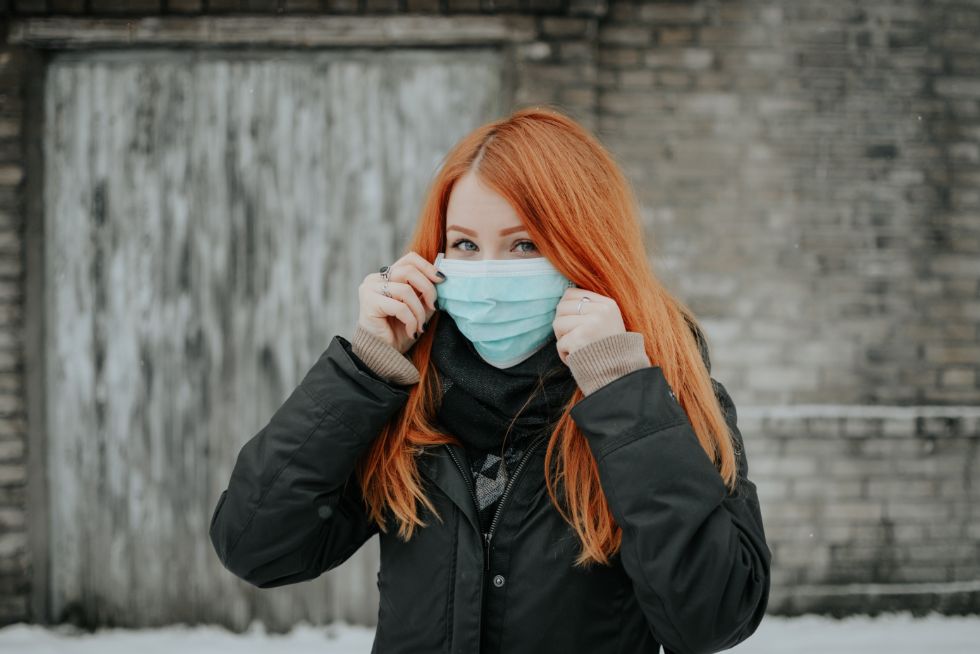
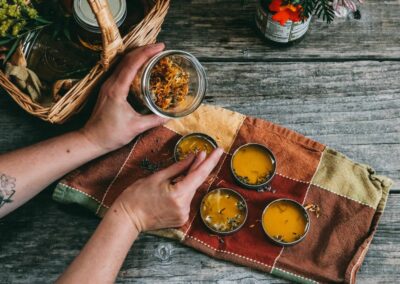
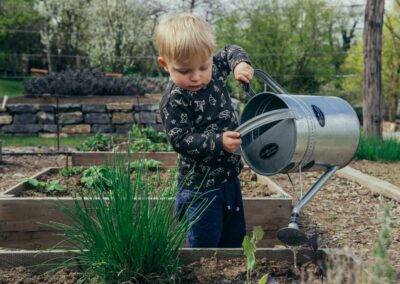
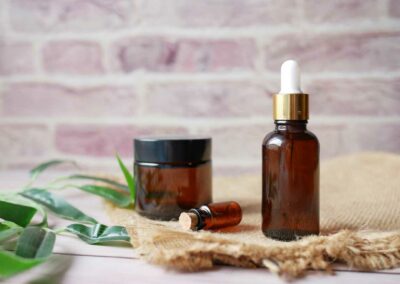

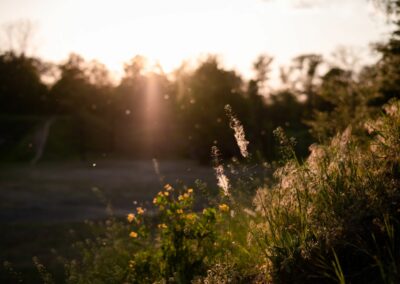
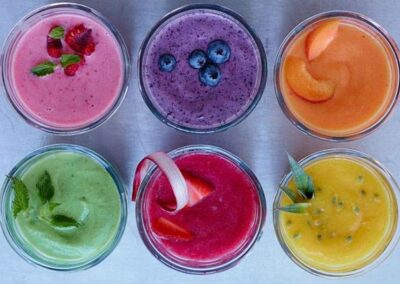
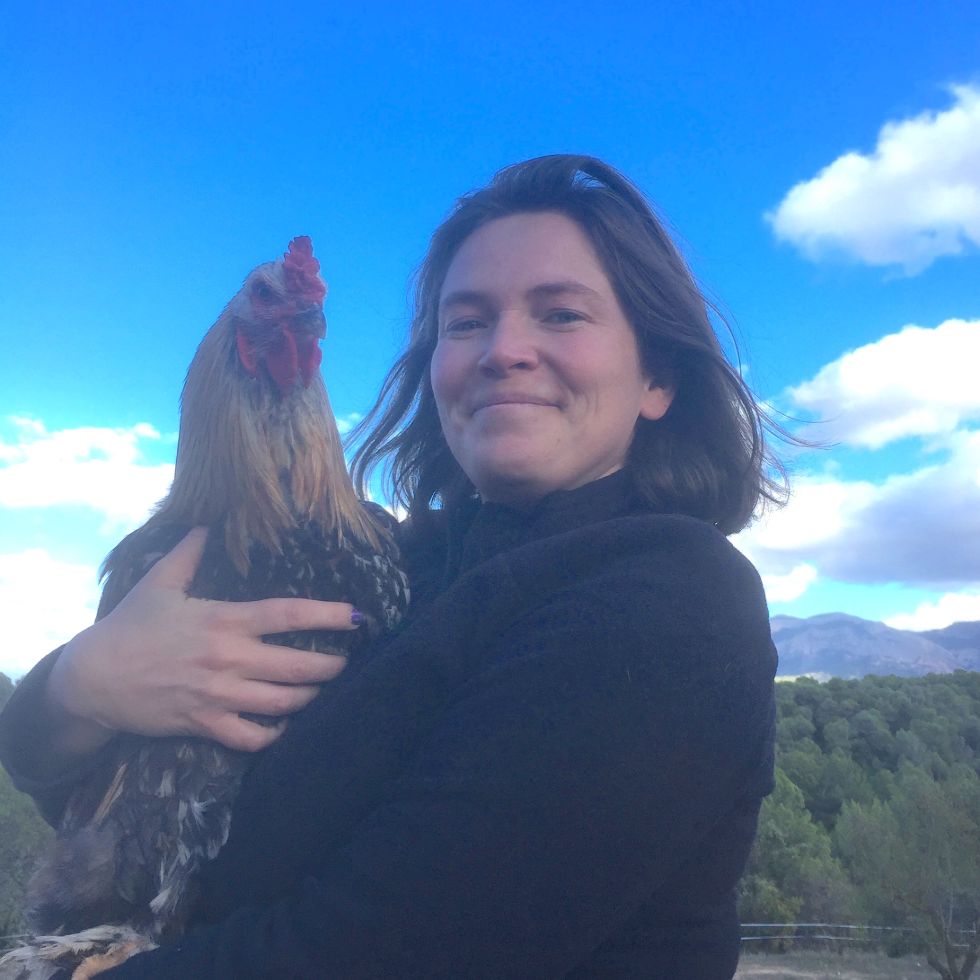
0 Comments